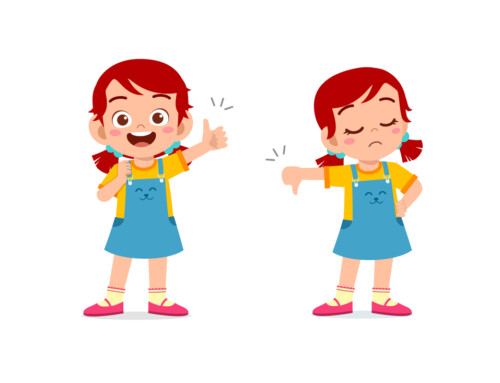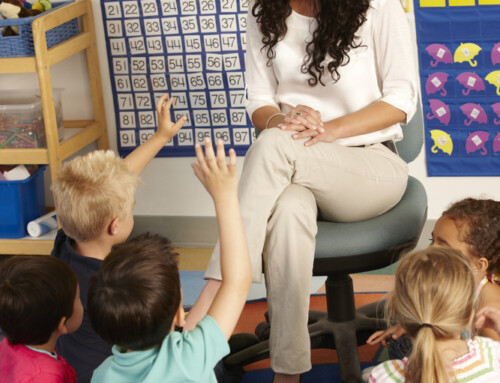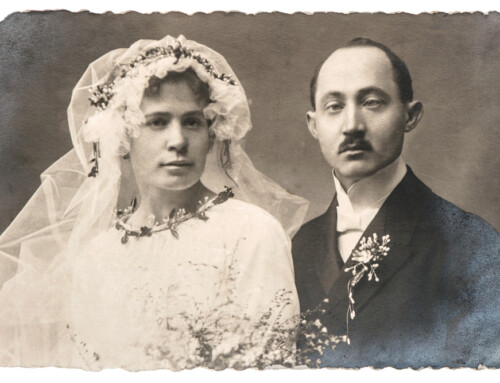{3 minutes to read}
Hope Gap is a 2019 British film starring Annette Bening and Bill Nighy as Grace and Edward, a longtime couple on the verge of divorce, and Josh O’Connor as their adult son, Jamie.
Grace, a poetry anthologist, and Edward, a high school history teacher, live in a quaint seaside town in England. On the occasion of their 29th wedding anniversary, Edward plans to tell Grace that he has fallen in love with another woman and is leaving the marriage. He has asked Jamie to come home and serve as a buffer for him, and as support for his mother.
To call this a surprise announcement would be an understatement. Despite the fact that they may not always be on the same page, Grace never imagined that this could happen to her at this stage of their lives.
Most troubling to me, however, is the portrayal of their only son, as their go-between.
Both parents seem to have very little understanding of what Jamie may be experiencing as his family falls apart and his lifetime back-drop is being torn down. They are so immersed in their own emotions that they don’t think for one moment about their son‘s pain. Jamie left what he thought was an intact family home, only to see it now collapse like a house of cards.
Edward, determined to move out of the couple’s home on that same day, counts on Jamie to console and take care of Grace. Faced with her son alone, Grace is unable to control her anger and disparagement of his father. What is Jamie supposed to do with his own emotions, with his own feelings of disappointment and loss?
Divorcing parents frequently seem to believe that their children will be more accepting of their divorce once they are grown up. Parents feel that once their children leave home, they will not care as much if their parents break up and that now, they can confide in these “adults” as if they were talking to a friend.
This is far from reality. Children, whether young or adult, remain children of their parents. The divorce can be devastating, and much more so if the children are then cast as their parents’ caretakers.
This family drama is just one example of the impact a poorly handled divorce can have on adult children. As parents, even under the most difficult circumstances like the trauma of a divorce, we must try to remain mindful of our children’s emotional wellbeing and not use them as the recipients of our own feelings of guilt or anger.
In mediation, we have helped many such families and facilitated the communication between parents and their adult children as they navigate this difficult process. Feel free to reach out to us if you or someone you know is facing a similar situation and needs support.
Jennifer Safian
divorce and family mediation
upper east side of manhattan (nyc)
new york, ny
(917) 881 5206
jpsafian@gmail.com
Latest posts by Jennifer Safian (see all)
- coping with divorce guilt - April 17, 2024
- does not reaching an agreement mean the mediation process failed? - March 27, 2024
- should I tell my children’s school that we are getting a divorce? - March 13, 2024






Leave A Comment